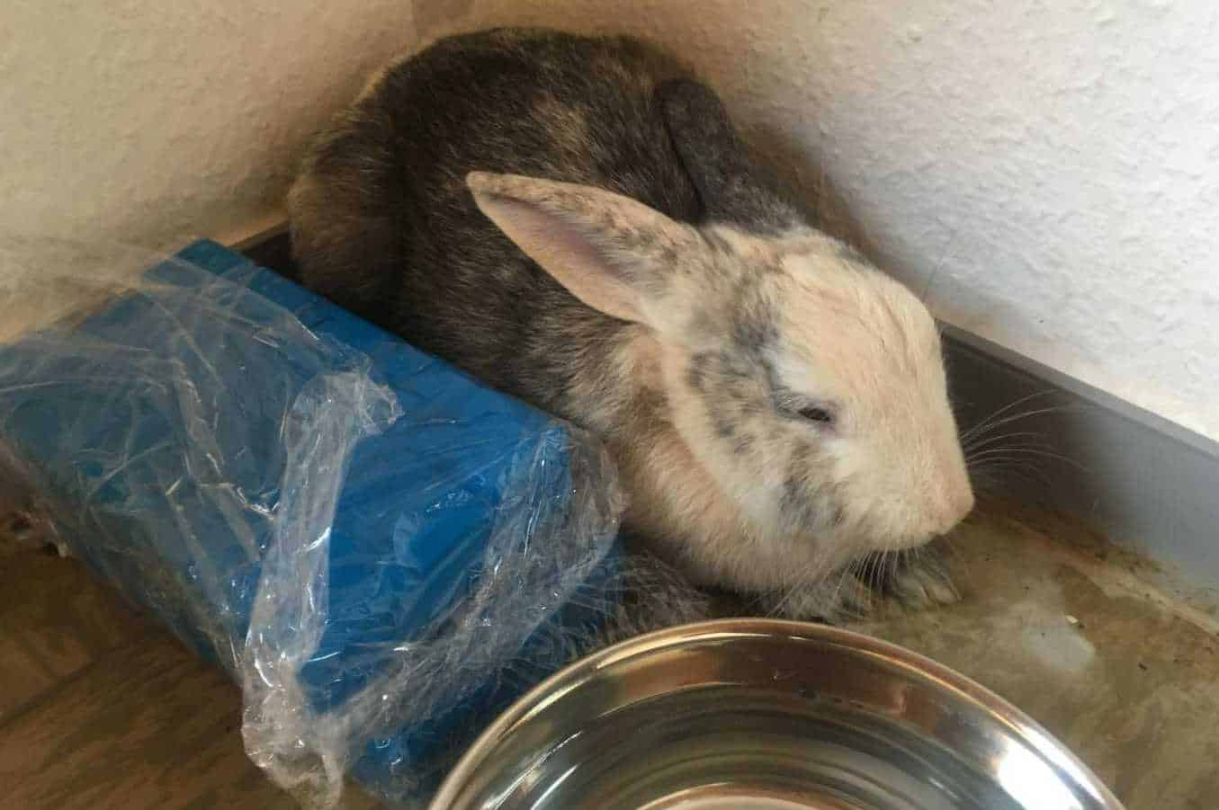How Long Can a Rabbit Live Without Water?
The Importance of Water for Rabbits
Water is a crucial element for the survival and well-being of rabbits. It plays a vital role in maintaining their overall health and bodily functions. Rabbits need water for proper digestion, maintaining body temperature, and facilitating various metabolic processes. Hydration is particularly important for rabbits because they have a limited ability to conserve water.

How Long Can Rabbits Survive Without Water?
Rabbits typically cannot survive for long periods without access to water. It is recommended that rabbits have access to clean, fresh water at all times. Even brief periods without water can have detrimental effects on their health.
While the exact duration a rabbit can survive without water varies depending on factors such as age, overall health, and environmental conditions, it is generally agreed upon that rabbits should not go more than 24-48 hours without water.
Factors Affecting Survival Time
Several factors can influence how long a rabbit can survive without water:
- Age: Younger rabbits, especially kits, are more vulnerable and have a lower tolerance for dehydration.
- Health: Rabbits with pre-existing health conditions, such as kidney problems or gastrointestinal issues, may be more susceptible to dehydration and may have a shorter survival time without water.
- Temperature: Hot and dry environments increase the risk of dehydration, further reducing a rabbit’s survival time.
- Activity level: Rabbits that are more active or stressed may require more water to maintain hydration.
Signs of Dehydration in Rabbits
It is essential for rabbit owners to be aware of the signs of dehydration. Detecting dehydration early can help prevent severe health issues. Some common signs of dehydration in rabbits include:
- Thick and sticky saliva
- Sunken or dry eyes
- Dry or sticky gums
- Loss of skin elasticity
- Lethargy and decreased activity
- Reduced or absent urine output
- Weight loss
Frequently Asked Questions (FAQs)
Can rabbits obtain water from their diet?
Yes, rabbits can get a portion of their water intake from fresh vegetables and leafy greens. However, this amount is not sufficient, and they still require a separate source of clean, fresh water.
Can I give my rabbit-flavored water or other alternatives?
It is best to provide rabbits with plain, fresh water. Flavored water, sugary drinks, or other alternatives may be harmful to their digestive system and overall health. Stick to clean, plain water for their hydration needs.
What should I do if I suspect my rabbit is dehydrated?
If you notice signs of dehydration in your rabbit, it is crucial to take immediate action. Provide your rabbit with fresh water and monitor their water intake closely. If the symptoms persist or worsen, it is recommended to consult a veterinarian for further guidance.
Are there any measures to prevent dehydration in rabbits?
Yes, there are several steps you can take to prevent dehydration in rabbits. These include:
- Accessible water: Ensure your rabbit has access to clean, fresh water at all times.
- Proper diet: A balanced diet with adequate moisture content from fresh vegetables and leafy greens can supplement your rabbit’s water intake.
- Hydration during hot weather: During hot and dry weather, provide additional water and ensure your rabbit has access to a cool and shaded area.
- Regular monitoring: Keep an eye on your rabbit’s water intake and observe for any signs of dehydration. Early detection can prevent severe health issues.
Water is an essential part of a rabbit’s life, and lack of access to water can have severe consequences on their health and well-being. Always prioritize providing clean, fresh water to your rabbits to ensure their hydration needs are met.
Related Articles…
Copyright Notice:
The images displayed here are sourced from the internet, with copyrights held by respective owners. For removal of any copyrighted image, please email us.